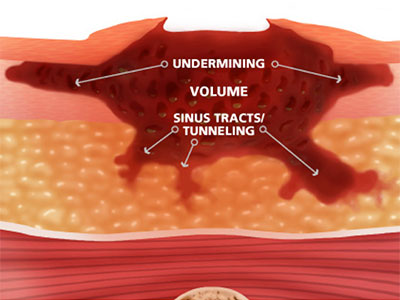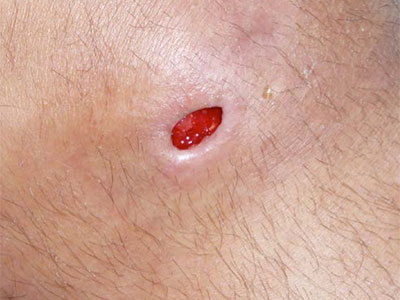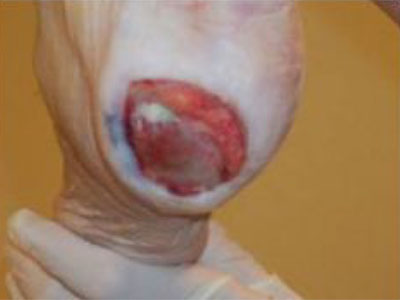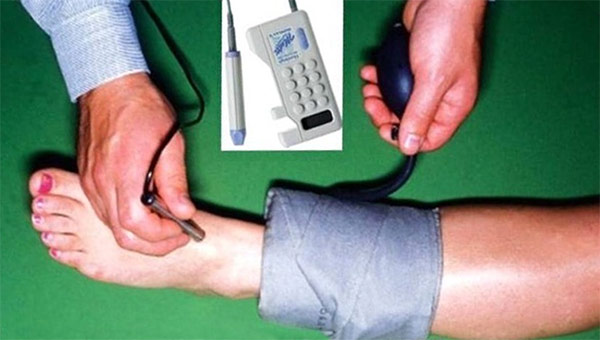Clinical Connection: Hypertension Sprint Trial
December 2nd, 2015 | Archiveby John Bisognano MD, PhD
The November 26, 2015 issue of the New England Journal contains the results of the SPRINT blood pressure trial. This trial included non-diabetics over age 50 with at least one of the following co-morbidities: a) clinical or sub-clinical cardiovascular disease other than stroke, b) chronic kidney disease, c) 10-year cardiac risk >15%, or d) age of 75 (25 percent of patients were in this group).
Subjects were randomized to systolic pressure targeted at 140 mm Hg, or 120 mm Hg. The study was stopped after 3.2 years because the group randomized to 120 mm Hg experienced 25% less of the primary composite outcome that included myocardial infarction, other acute coronary syndromes, stroke, heart failure, or death from cardiovascular causes. The number needed to treat (NNT) to prevent one primary outcome during the study period was 61, and was 90 to prevent death from any cause. This applied to subjects over 75 years of age as well, although it is important to note that there were no subjects who resided in nursing homes or assisted living facilities.
Not unexpectedly, there were slightly more adverse events in the more intensive treatment arm including one percent more syncope (but less lightheadedness, falls, or orthostatic symptoms). There was more hypotension in the more intensive treatment arm, and a higher rate of acute kidney injury, likely owing to more use of diuretics and ACE inhibitors. Patients in the more intensive treatment arm required an average of one more medication. It should also be noted that blood pressure was taken with an automated cuff after five minutes of quiet rest, with the three readings averaged. Such an approach may provide lower readings than were obtained in previous studies, or in most busy offices.
I would invite you to read the article, available here. It is my understanding that the article underwent many revisions and a grueling peer-review before being accepted. I feel that the results and conclusions sections are particularly well-balanced and informative.
So, what is a clinician to do? There is no doubt that this trial will affect how we treat blood pressure in this target population, which represents a good many patients in each of our practices. It will likely guide the recommendations of the 2016 ACC/AHA Guidelines for the Treatment of Hypertension in Adults (which will take the place of the JNC guidelines that the NIH no longer plans to assemble). The trial does not apply to diabetics, and we are awaiting further analysis of the data on patients with renal insufficiency. It will certainly have no short-term effect on AHP Quality Measure Targets, but will likely have one in the distant future.
Many clinicians were comfortable with the loosened goals of <140/90 and <150/90 that the JNC-8 panelists published two years ago. It was the “charge” of that Committee to make recommendations for lower goals only if evidence existed that the lower goals were beneficial based on the results of large-scale clinical studies. Evidence that a systolic goal of <120 mm Hg in patients like the SPRINT patients was NOT BENEFICIAL never existed. Rather, there simply was a lack of high-level evidence that it WAS BENEFICIAL. Now, we have that evidence, and will likely have good reason to treat patients similar to the SPRINT patients more aggressively, being watchful for slightly more adverse events. It is important to remember, though, that the benefits of treating high blood pressure are great (as SPRINT shows). When the magnitude of these benefits are truly appreciated and embraced by clinicians, the additional effort to lower blood pressure and the necessity of dealing with a small risk of additional adverse events may well be worth it in the balance. Certainly, we should rarely be telling SPRINT-type patients of ours that their “blood pressure of 144 mm Hg is good enough,” as there’s evidence now to the contrary. There will be plenty of additional analysis of SPRINT in the coming months that will help guide us as we await the 2016 ACC/AHA Guidelines. Please feel free to contact me via email at [email protected] if you have any comments or questions.
















